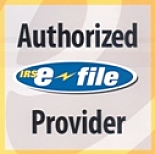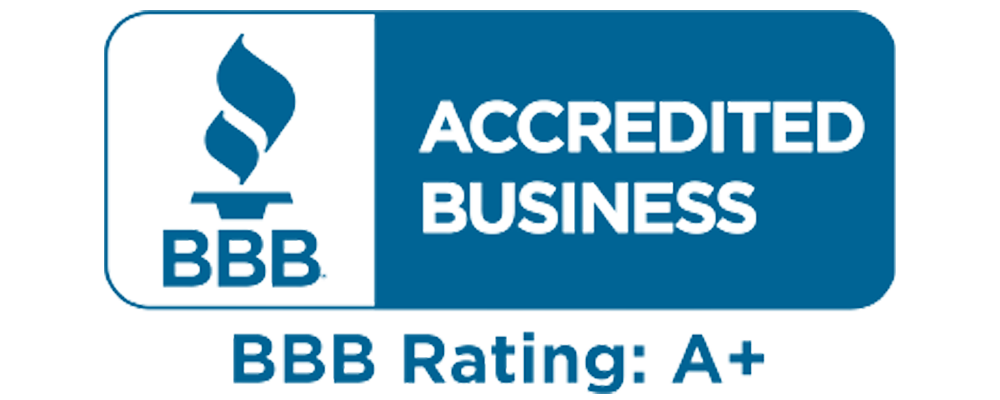What Types of Income are Nontaxable
for Federal Income Tax Purposes?
Some types of income you receive are nontaxable for federal income tax purposes. However, you should keep records of your nontaxable income since the amounts may affect your tax return or you may need to prove the source of the income during an IRS examination. Some types of income that are generally nontaxable include, but are not limited to:
-
Qualified "Disaster Relief" Payments such as FEMA Disaster Mitigation Grants;
-
Child support payments;
-
Student Loan Forgiveness in Years 2021 through 2025 (Most Student Loans)
-
Energy Star Appliance Rebates;
-
Welfare benefits (includes payments made under governmental programs for the promotion of the general welfare, such as income from the Department of Housing and Urban Development’s Emergency Homeowners’ Loan Program (EHLP) and any existing state program receiving funding from the EHLP (the substantially similar state programs or SSSPs);
-
Life insurance proceeds that are received because of the death of an individual;
-
Interest on state or local government obligations;
-
Payments for PHYSICAL injury and sickness, including certain long term care insurance contracts;
-
Certain property received as a gift or inheritance;
-
COBRA Premium Assistance Payments;
-
Benefits received under any law administered by the Department of Veteran's Affairs;
-
Amounts received under a worker's compensation act for an occupational sickness or injury;
-
Qualified Coverdell education savings account distributions;
-
Certain Roth IRA distributions;
-
Certain amounts withdrawn from Archer Medical Savings Accounts (MSA) or a Health Savings Accounts (HSA);
-
Limited amounts of dependent care assistance paid through a dependent care assistance program;
-
All or a portion of your Social Security or equivalent Railroad Retirement Benefits;
-
Certain scholarship and fellowship grants
-
Certain foreign-earned income;
-
Fringe benefits (medical, health, & disability premiums) paid by your employer are generally excluded;
-
Life insurance of less than $50,000 paid by your employer is generally excluded;
-
Black Lung Benefits;
-
Federal Employees' Compensation Act payments;
-
Government cost-of-living allowances for civilian employees stationed outside the continental United States or Alaska;
-
Certain military allowances;
-
Military combat pay;
-
Worker's Compensation;
-
Energy conservation subsidies;
-
Historic preservation grants;
-
Interest on frozen deposits and qualified savings bonds;
-
Parsonage allowances;
-
Bankruptcy debt forgiveness;
-
Capital contributions to a corporation;
-
Exclusion of gain from sale of primary residence up to $250,000 ($500,000 if married filing jointly);
-
Lodging reimbursements by an insurance company because home suffered a casualty;
-
Educational assistance program provided by employer (exclusion allowed up to $5,250);
-
Foster care payments;
-
Qualified Medicaid Waiver Payments
-
Interest on Series EE and I U.S. Savings Bonds issued after 1989, which is used to pay qualified higher education expenses;
-
Adoption assistance payments;
-
Health insurance proceeds;
-
Donated vacation pay;
-
Qualified Tuition Program (QTP) payments, which are used for qualified educational expenses;
-
IRS Stimulus Payment (also known as Economic Impact Payments - EIP, Recovery Rebate Credit);
-
Unemployment Compensation Up to $10,200 per Taxpayer (ONLY Applies to Tax Year 2020);









